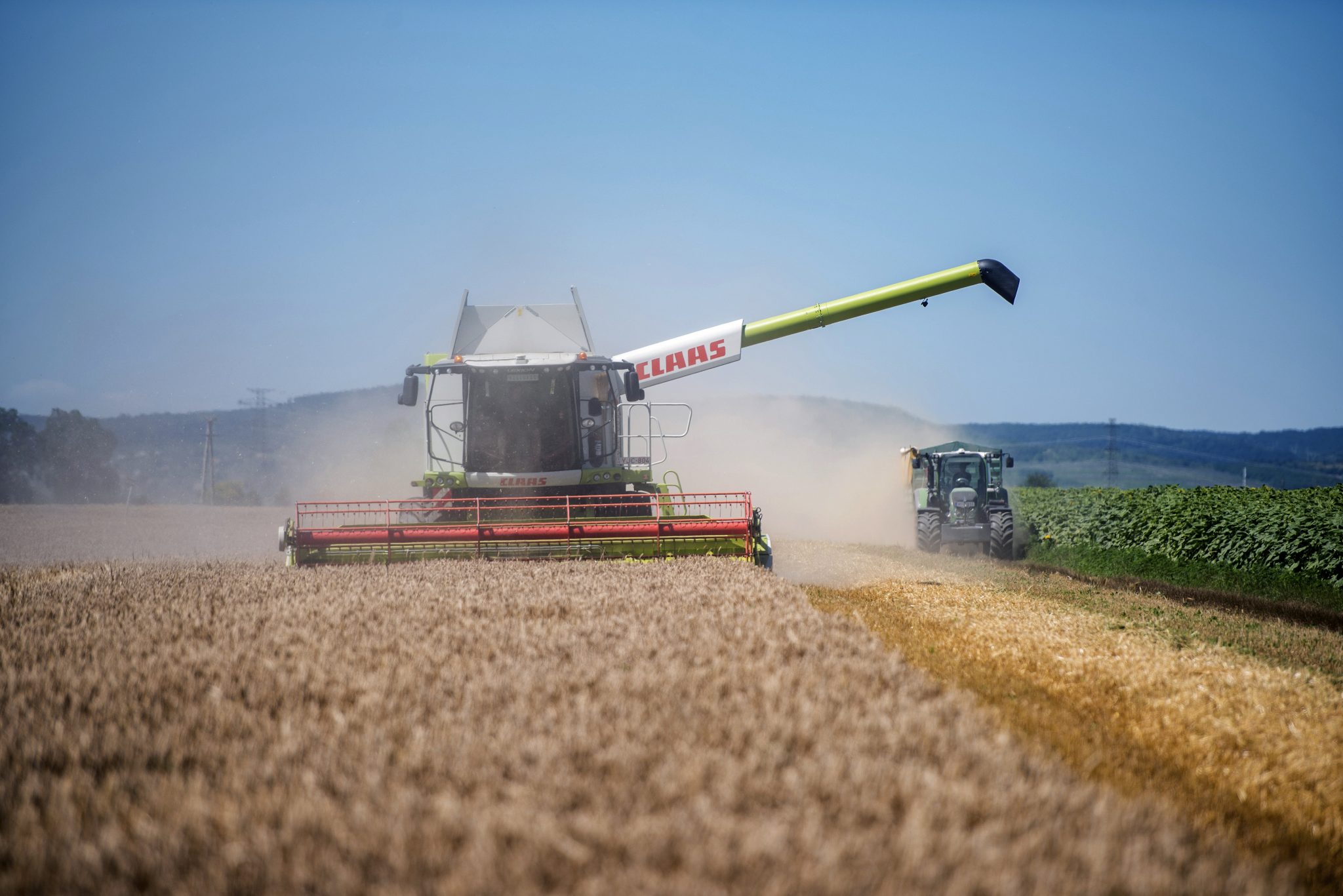
In the last two and a half months, the Hungarian government has not exercised its recently introduced right of pre-emption. This is interesting because Ukraine, the fourth-largest supplier of food to the European Union, is currently facing a significant loss of production due to the war.
At the beginning of March, the government announced a decision that by May 15 all wheat, rye, barley, oats, maize, soybeans, and sunflowers intended for export from Hungary must be declared in advance to the National Food Chain Safety Office (Nébih). If the quantity intended for export threatens Hungarian supply, the state will buy the grains.
The European Commission also wants to know how much grain is in stock in the EU; they have imposed a monthly reporting obligation for Member States.
In response to Népszava‘s query, the Ministry of Agriculture wrote that since the introduction of the provision, a total of about 3 million tonnes of crops have been declared for export, the same as in previous years, and there was no justification for the exercise of the right of first refusal. The notification obligation was recently extended until mid-July.
Related article
Opposition Vows to Supplement EU Emergency Agricultural Funds
The opposition underscored the importance of helping farmers, saying that if they won the April 3 general election they would immediately cut the VAT on basic foods to 5 percent and compensate producers who have had to buy fuel at market price.Continue reading
The ministry did not reply to the question as to whether a further extension could be expected after that.
The Democratic Coalition has criticized the government for not preventing the exports despite having pre-emption rights to do so. Party lawmaker Zoltán Varga said in an online press conference on Monday: since Ukraine was one of the world’s largest grain exporters, it has been obvious for months that the war there would result in a shortage of grains. The shortage will make prices significantly higher, with the Grains Association expecting around a 40 percent increase, he added.
The state could use its pre-emption rights and accumulate reserves, preventing a domestic shortage and a drastic increase in the price of bread, said Varga, deputy head of the parliamentary agricultural committee.
Featured image: illustration via Pixabay

